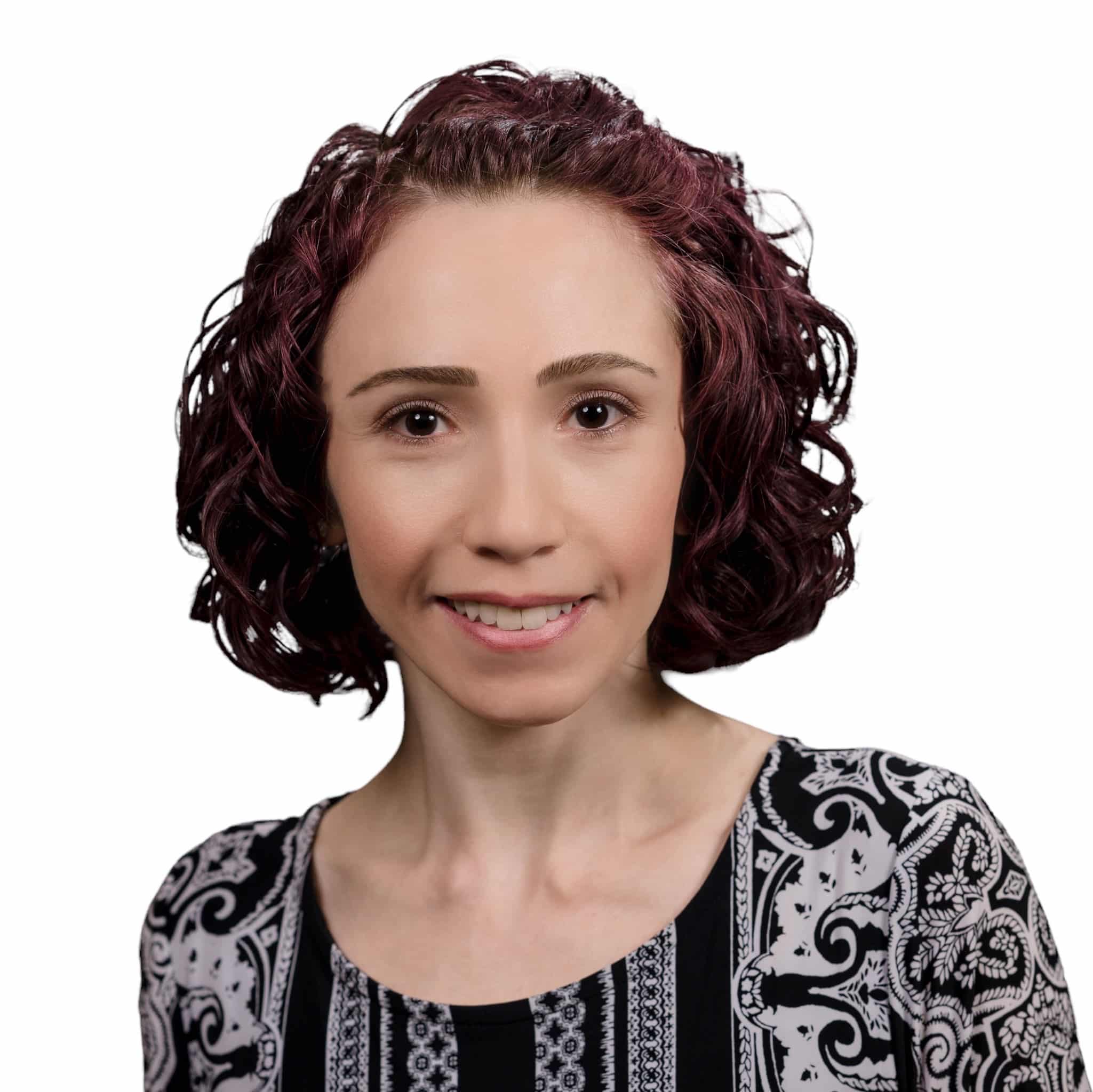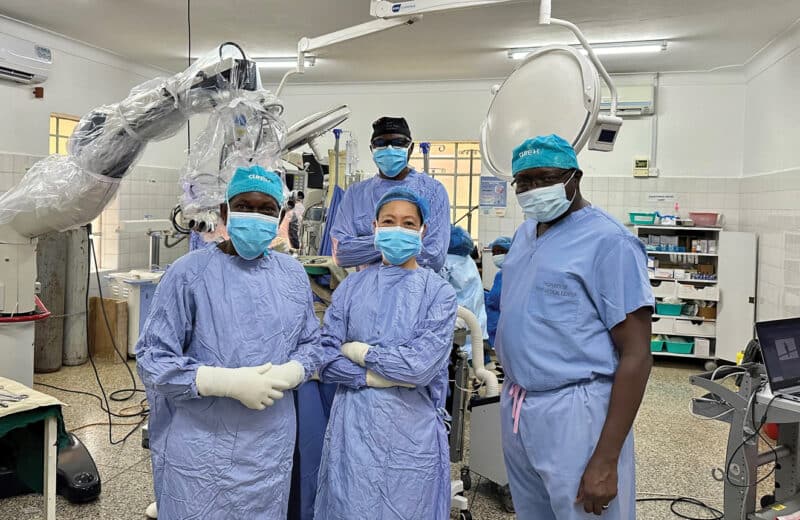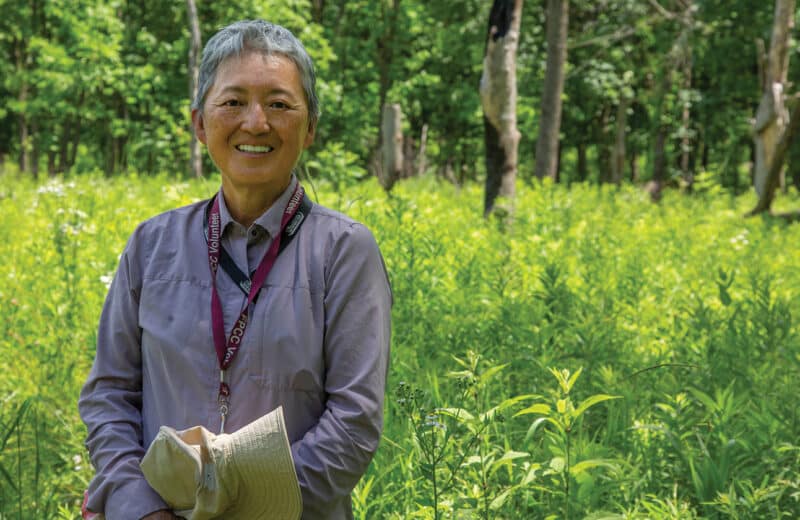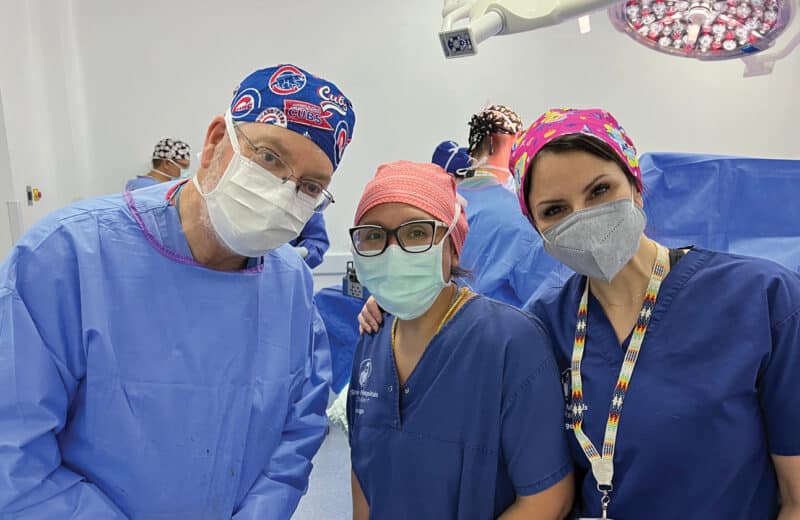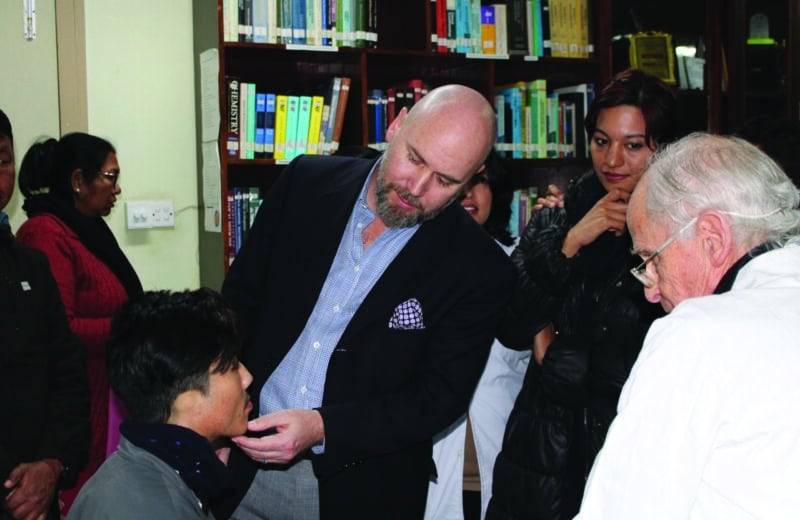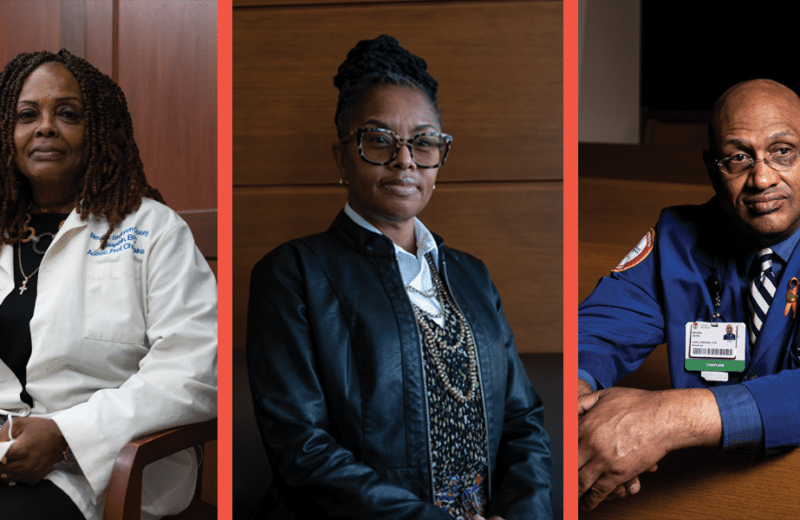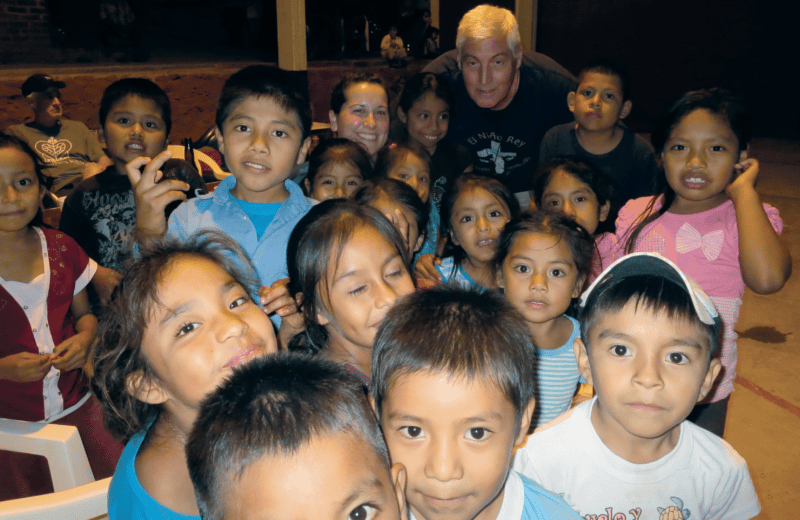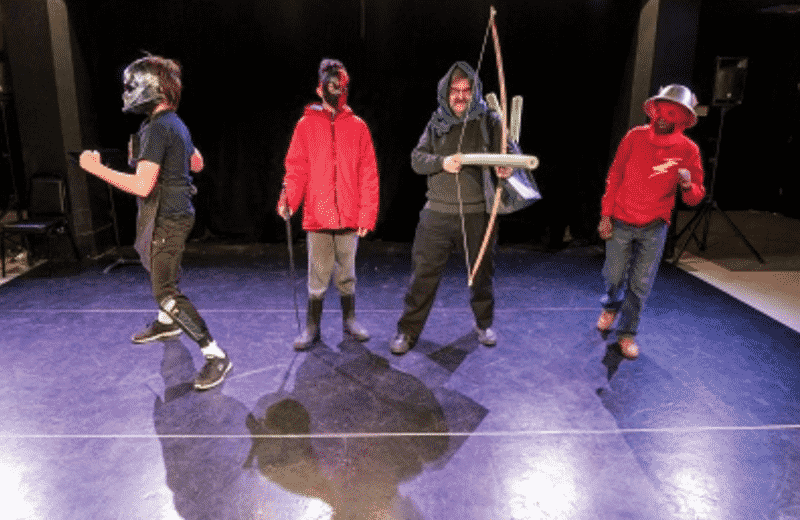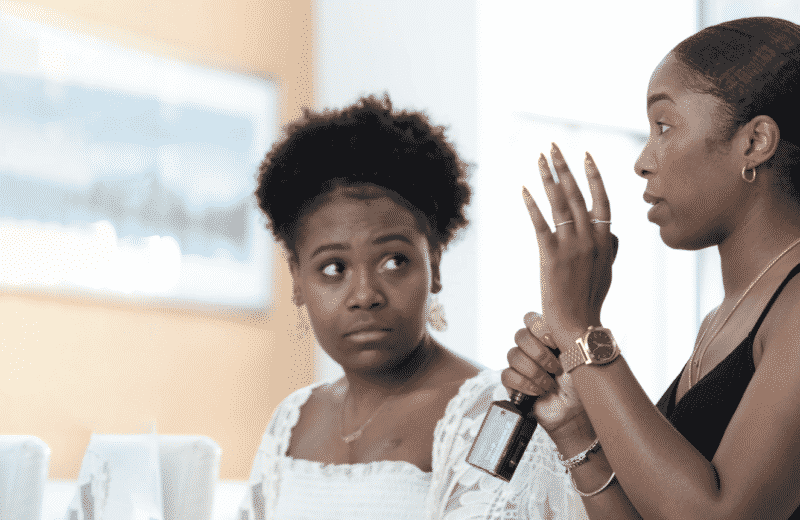Health literacy nonprofits highlight crucial need for patient advocacy
The U.S. healthcare system is daunting, and often people have to navigate it when they’re feeling their worst.
Patients need to understand what their doctors tell them and to ask questions if they want more information. But they’re not always capable of doing this — and loved ones may not have the knowledge or tools to advocate for the best care on the patient’s behalf. Fortunately, nonprofit organizations throughout Chicago are ready to guide people through health issues and access care.
Teaching advocacy
The Care Partner Project teaches people how to advocate for their best healthcare. Founder Karen Curtiss established the organization in 2009 after losing her father to a series of preventable complications.
Following a minor fall in the hospital, staff put Curtiss’ father in horizontal traction until a doctor could evaluate him. By the time the physician arrived 57 hours later, Curtiss’ father had developed pneumonia. Curtiss tried to advocate for her father, meeting with the medical team to discuss how she and her family could collaborate with them to prevent further complications. “Nothing. There’s nothing you can do,” she remembers the physician telling her.
That response revealed barriers to Curtiss that inhibit information sharing and collaboration between patients’ loved ones and healthcare providers. Now, she tries to help others avoid the fear, frustration, and helplessness that she felt leading up to her father’s death.
Curtiss’ organization has since educated more than 300,000 people on healthcare advocacy through programming, advocate services, and issue-specific checklists with items such as questions to ask when getting a diagnosis and how to find the right surgeon.
“Healthcare is really a foreign environment for many people,” Curtiss says. “Good communication and a common vocabulary go a long way.”
The organization also teaches people how to talk to their doctors about high drug costs. “People are reluctant to tell their doctors they are worried about being able to afford a prescription. We explain it’s a legitimate topic. Doctors don’t want you to be on a medication you can’t afford. You need to be able to take it and get better,” Curtiss says.
These tools increase people’s comfort level to ask questions or raise concerns. “That’s where it all starts — advancing healthcare literacy by feeling it’s okay to ask questions and learn on your own,” Curtiss says.
“Everybody should get more educated about how to appropriately advocate for their own care and their loved ones’ care”
The Care Partner Project also looks out for those who lack support. It provides grants to professional patient advocates for service to patients on Medicaid or with no insurance. About 30% of those receiving their grant-funded patient advocacy services are unhoused or housing-insecure.
Curtiss says her organization is always searching for solutions. When people share stories about losing loved ones in preventable medical errors, The Care Partner Project creates resources to help others learn from the experience to “transform a tragedy into something good for somebody else” — as Curtiss did with her own experience.
Healthcare navigation for older adults
While Curtiss’ experience on the patient side fueled her advocacy, Teri Dreher came from the clinic side. She’d been working as a bedside nurse at Cancer Treatment Centers of America in Zion, Illinois, when she realized what a bureaucratic web the healthcare system had become, posing a threat to patient safety.
Dreher created Seniors Alone: Guardianship and Advocacy Services (SAGAS) in 2019 to provide patient advocacy and guardianship services to a particularly vulnerable group: low-income senior citizens and disabled adults. SAGAS runs on a sliding scale, fee-for-service model.
“I tell our patients we’re a cross between an advanced practice nurse, a patient rights expert, and a bulldog,” Dreher says. “We protect them like we would our own mom or dad.”
Through her work in healthcare, Dreher saw not only the bureaucracy but the many social determinants of health at play: education levels, economic stability, and communities. Because they know the system so well, “nurses can bridge a lot of those gaps in healthcare,” she says.
All nurses with Seniors Alone are board-certified patient advocates. “We know patient rights better than most nurses in hospitals, and we protect our patients’ rights to good care,” Dreher says. “We ask all the questions that most patients don’t know to ask and help them vet providers.”
For example, Dreher says that in reviewing lab results, she may notice a trend and ask the doctor if a particular specialist would be warranted, or if a medication could be the culprit of unusual symptoms.
Caregivers often struggle with a loved one’s complex diagnosis or cognitive decline. Seniors Alone alleviates some of the caregiver’s stress, starting with in-home consultations during which nurses build pathways for people to get care for their loved ones.
Seniors Alone focuses on safety, especially for people with mental health and cognitive disabilities. Dreher says she has seen neighbors, so-called friends, or even professionals financially exploit people with dementia. Such cases may involve the courts and Adult Protective Services. Seniors Alone intervenes to serve as the person’s guardian and protect them, if a judge grants that position.
“Everybody should get more educated about how to appropriately advocate for their own care and their loved ones’ care, Dreher says. “We all need a patient advocate. For most people, the family does that.” But sometimes others, like Seniors Alone, serve as guides.
Navigating the medical system can be challenging. But organizations like Seniors Alone and The Care Partner Project partner with patients and their loved ones to find the best path through the system.
Resources
To support Seniors Alone and The Care Partner Project, visit their websites.
The Care Partner Project
thecarepartnerproject.org
Seniors Alone Guardianship and Advocacy Services
seniorsalone.org


